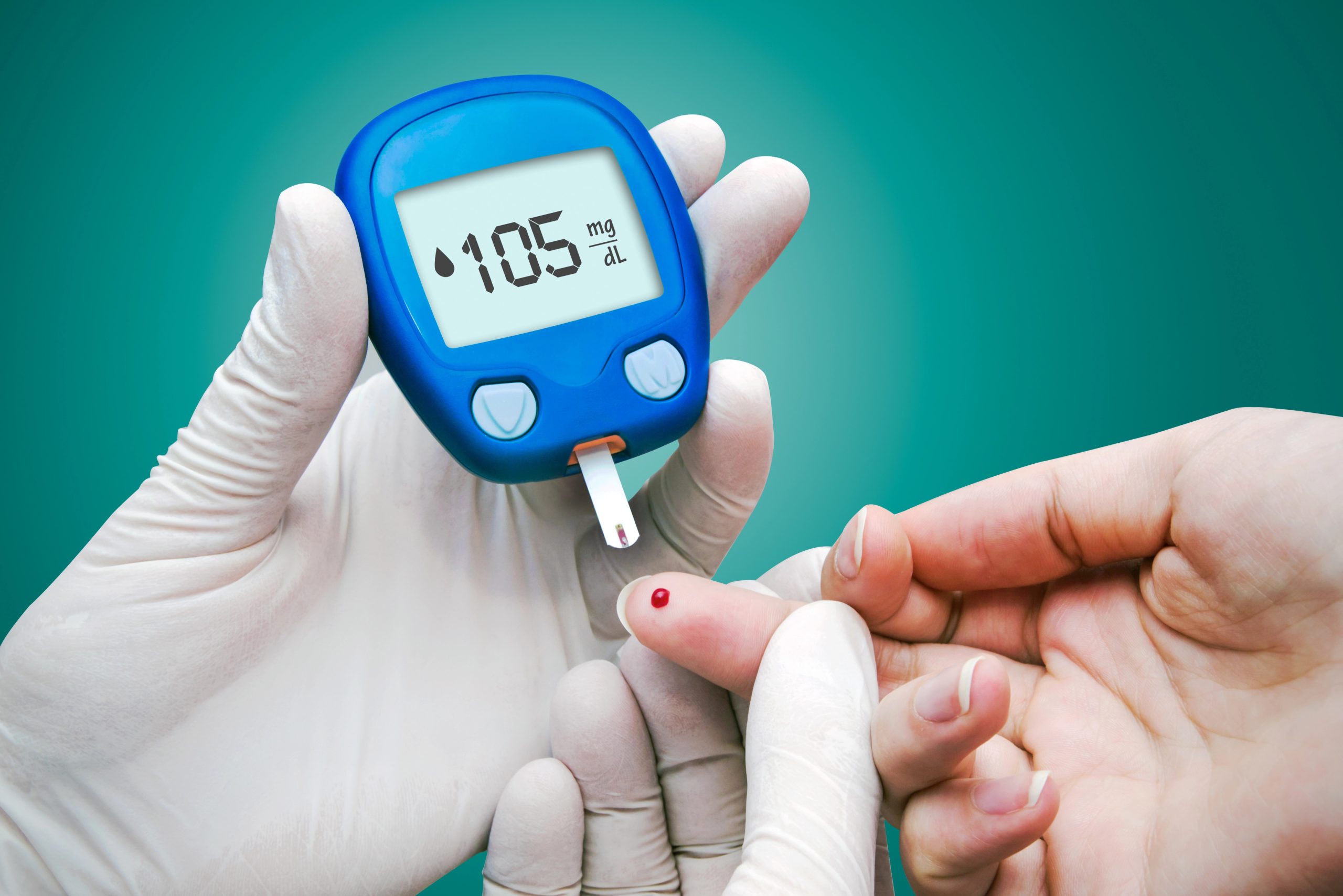Blood sugar, or glucose, is a primary source of energy for the body. It fuels muscles, organs, and brain function, and is carefully regulated through hormones such as insulin and glucagon. When glucose levels fluctuate too much, either due to long gaps between meals, irregular eating habits, or underlying metabolic issues, it can affect energy, focus, and mood. Over time, consistently elevated blood sugar levels may contribute to insulin resistance, weight gain, and a higher risk of developing type 2 diabetes. Even without a formal diagnosis, many people are interested in strategies to maintain stable blood sugar throughout the day for better physical and mental well-being.
In Australia, particularly across Victoria, some individuals turn to personalised, whole-person care to better understand how diet, stress, sleep, and other daily factors influence glucose regulation. Consulting a holistic GP in Melbourne can offer an opportunity to explore these issues in more depth, combining conventional medical testing with lifestyle-focused support tailored to individual needs.
How Blood Sugar Affects Broader Health
Maintaining steady blood sugar is not just important for people with diabetes or pre-diabetes. Every day symptoms such as energy crashes, brain fog, irritability, poor sleep, and intense food cravings can all be influenced by how the body processes and responds to glucose. Some individuals may find that mood swings or trouble concentrating occur after high-sugar meals or periods of prolonged fasting. Over time, poor blood sugar regulation can also place extra strain on the adrenal system, digestive health, and hormone balance. Addressing this area through lifestyle can be one way to support long-term health outcomes in a practical and preventative manner.
What Is Holistic Medicine?
Holistic medicine is a form of healthcare that considers the person as a whole including physical health, emotional wellbeing, environmental exposures, and lifestyle factors. Rather than focusing solely on individual symptoms, holistic care seeks to understand how different systems in the body interact and influence one another. In the context of blood sugar, this approach may involve reviewing eating patterns, movement, sleep quality, stress, and digestion. Holistic medicine does not replace conventional care, nor does it diagnose or treat medical conditions. Instead, it works alongside medical advice to support patients with evidence-informed strategies for maintaining balance and long-term health.
How Holistic Medicine Approaches Blood Sugar Regulation
Holistic care begins with an assessment of the many factors that can influence blood glucose levels daily. This includes both physical and lifestyle elements that contribute to how the body absorbs and processes nutrients, manages energy, and responds to stress. Practitioners may explore your meal habits, activity levels, sleep routine, and digestive function, along with stress and emotional well-being. The aim is not to focus only on lab results, but to understand how your current lifestyle may be supporting or challenging metabolic regulation.
Common areas explored in holistic assessments include:
- Timing and composition of meals and snacks
- Physical activity and its effect on glucose sensitivity
- Sleep quality and circadian rhythm patterns
- The impact of stress on blood sugar and insulin response
- Digestive function and nutrient absorption
Everyday Strategies to Support Balanced Blood Sugar
Holistic medicine often includes lifestyle recommendations to help stabilise energy and support metabolic health. These strategies are tailored to each person’s needs and may change over time. Importantly, they are not meant to replace medical treatment or prescribe specific diets unless under the guidance of a qualified professional.
Examples of common supportive strategies include:
- Eating balanced meals that include fibre, healthy fats, and protein
- Avoiding long gaps between meals, or excessive reliance on high-sugar snacks
- Moving regularly throughout the day, such as walking after meals
- Using structured rest or mindfulness to manage stress-related spikes
- Establishing consistent sleep-wake routines to improve hormonal rhythm
These approaches are used to help support stability in energy and glucose response, but they must always be considered in the context of a broader care plan.
Nutritional Support in Holistic Blood Sugar Care
Food quality and timing play a key role in how blood sugar behaves. In holistic medicine, dietary changes are typically focused on what and how you eat rather than strict calorie counts or exclusions. Whole, minimally processed foods are generally encouraged, and support may include guidance on meal planning or mindful eating practices. Where appropriate, some individuals may explore supplementation, but this is only recommended following clinical review and discussion with a healthcare provider.
Nutrients commonly considered in the context of glucose support include:
- Magnesium, which plays a role in insulin sensitivity and glucose metabolism
- Chromium, which may help regulate carbohydrate processing
- Soluble fibre, known to slow digestion and reduce blood sugar spikes
- Omega-3 fatty acids, which support overall inflammation balance
Any supplementation must be approached cautiously and under medical supervision.
Monitoring and Self-Awareness in Holistic Blood Sugar Support
Holistic care encourages self-awareness rather than self-diagnosis. Patients may be guided to observe how their body responds to different foods, stress levels, or sleep patterns. This could include tracking symptoms like fatigue, energy dips, or cravings. Journaling or food logs may be used to help identify patterns, which can then inform further conversations with your practitioner or GP. This kind of observation is not a substitute for medical testing or continuous glucose monitoring, but it can empower individuals to better understand their body’s cues and make gradual, informed changes over time.
Clarifying the Limits of Holistic Care
Holistic care does not replace medical treatment for diabetes, pre-diabetes, or other metabolic conditions. It does not involve diagnosis, prescribing, or changing medications, and cannot reverse diagnosed conditions. Instead, it offers lifestyle-based support strategies that may help improve day-to-day energy and balance. All care must be coordinated with your GP or specialist, and outcomes will vary depending on the individual. It’s also important to avoid overly restrictive diets or unverified advice when managing blood sugar. Safe, sustainable care is always guided by a medically responsible framework.
Clarendon Medical’s Approach to Holistic Metabolic Support
At Clarendon Medical, we offer holistic, medically supervised support for patients who wish to explore lifestyle factors influencing blood sugar balance. Our team takes a thorough approach, reviewing your history, current symptoms, and routines to understand what may be contributing to fluctuations. We work collaboratively with your existing care providers to ensure recommendations are appropriate, achievable, and clinically sound. Education, personalisation, and prevention are central to our approach. Rather than offering a quick fix, we aim to support long-term wellbeing and build confidence in your day-to-day health decisions.
Who Might Benefit from Holistic Support for Blood Sugar Balance?
Holistic care may be helpful for individuals who:
- Experience regular energy crashes, brain fog, or afternoon fatigue
- Want to better understand how eating patterns affect mood or focus
- Are managing insulin resistance or at risk of metabolic syndrome under medical care
- Are looking to build long-term, sustainable lifestyle habits for energy regulation
- Prefer a whole-person approach that takes both physical and emotional factors into account
Suitability is determined on a case-by-case basis and requires appropriate medical oversight.
FAQs
Q1: Can holistic medicine help prevent type 2 diabetes?
A1: Holistic medicine does not prevent or treat medical conditions. However, it may support healthier habits that reduce some risk factors. Any prevention strategy should always be discussed with your GP.
Q2: Do I need a diagnosis to start exploring blood sugar support?
A2: No diagnosis is required, but medical screening is always important. Holistic support works best when combined with regular GP review and appropriate health checks.
Q3: Will I be given a strict diet plan?
A3: No. Holistic support focuses on flexibility and balance. You may receive guidance around food quality, timing, and structure, but rigid dieting is generally avoided unless clinically indicated.
Q4: Can I stop my medication if I follow a holistic plan?
A4: No. Medications should never be stopped or changed without guidance from your prescribing doctor. Holistic care is designed to work alongside, not replace, medical treatment.
Q5: Is this service relevant if I don’t have any diagnosed conditions?
A5: Yes. Many people seek support with energy levels, cravings, or fatigue, even without a diagnosis. Holistic care can help explore these concerns within a safe, non-medical framework.
Disclaimer
This article is for general informational purposes only and does not constitute medical advice. Always consult your GP or a qualified healthcare professional before making any changes to your healthcare routine. Holistic strategies are not a replacement for prescribed treatments and must be used with appropriate medical oversight. All services at Clarendon Medical are delivered in line with Australian clinical guidelines and AHPRA standards.



